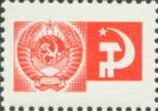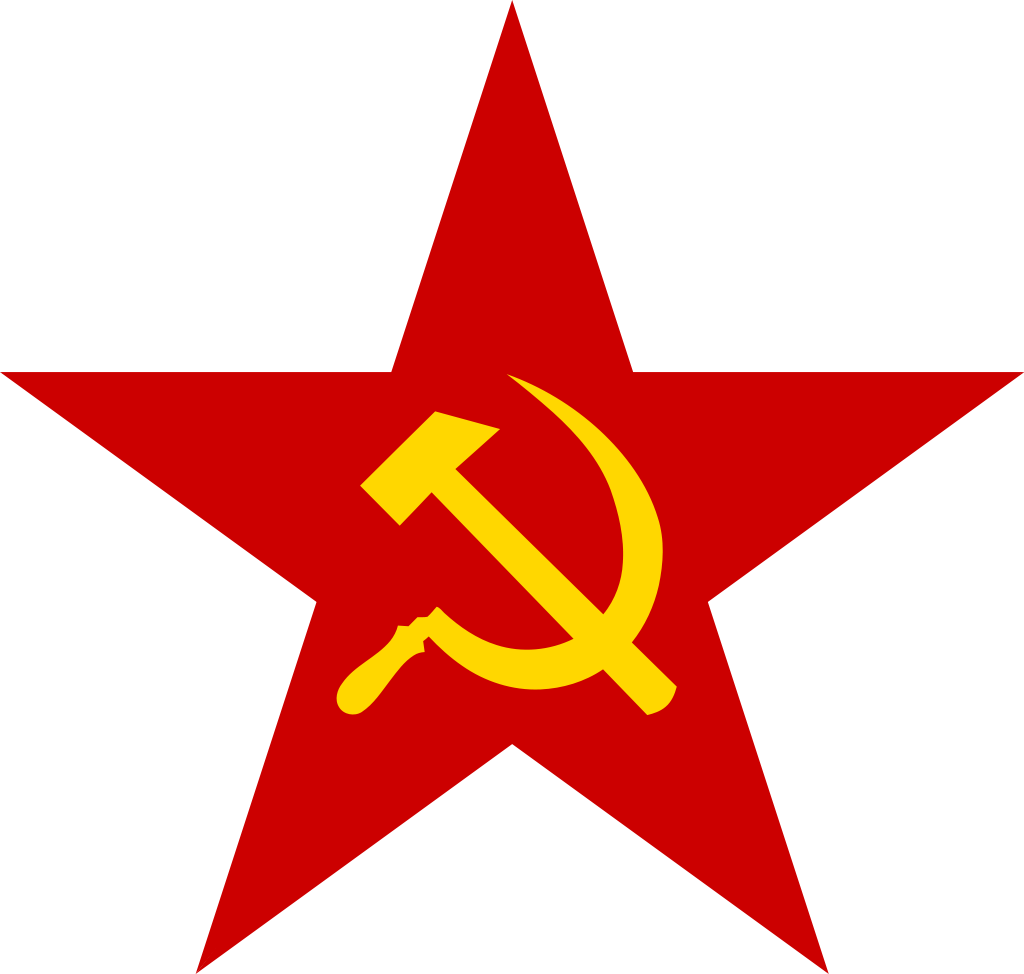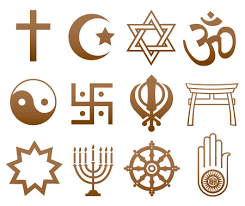Stamp: Coat of Arms of the USSR, Hammer & Sickle (Soviet Union, USSR 1966)
Coat of Arms of the USSR, Hammer & Sickle (Soviet Union, USSR 1966)
25 October (Soviet Union, USSR ) within release Test stamps goes into circulation Stamp Coat of Arms of the USSR, Hammer & Sickle face value None No Face Value
| Stamp Coat of Arms of the USSR, Hammer & Sickle in catalogues | |
|---|---|
| Colnect codes: | Col: SU 1966.10.25-1a |
Stamp is horizontal format.
Experimental stamp for machine detection of payment.Stamp Coat of Arms of the USSR, Hammer & Sickle it reflects the thematic directions:
A coat of arms is an heraldic visual design on an escutcheon (i.e. shield), surcoat, or tabard. The coat of arms on an escutcheon forms the central element of the full heraldic achievement which in its whole consists of shield, supporters, crest, and motto. A coat of arms is traditionally unique to an individual person, family (except in the United Kingdom), state, organisation or corporation.
Communism (from Latin communis, 'common, universal') is a left-wing to far-left sociopolitical, philosophical, and economic ideology within the socialist movement, whose goal is the creation of a communist society, a socioeconomic order centered around common ownership of the means of production, distribution, and exchange that allocates products to everyone in the society based on need. A communist society would entail the absence of private property and social classes, and ultimately moneyand the state (or nation state).
A symbol is a mark, sign, or word that indicates, signifies, or is understood as representing an idea, object, or relationship. Symbols allow people to go beyond what is known or seen by creating linkages between otherwise very different concepts and experiences. All communication (and data processing) is achieved through the use of symbols. Symbols take the form of words, sounds, gestures, ideas, or visual images and are used to convey other ideas and beliefs. For example, a red octagon is a common symbol for "STOP"; on maps, blue lines often represent rivers; and a red rose often symbolizes love and compassion. Numerals are symbols for numbers; letters of an alphabet may be symbols for certain phonemes; and personal names are symbols representing individuals.



